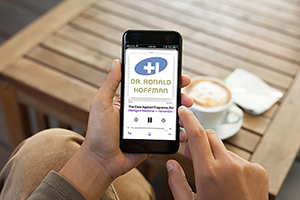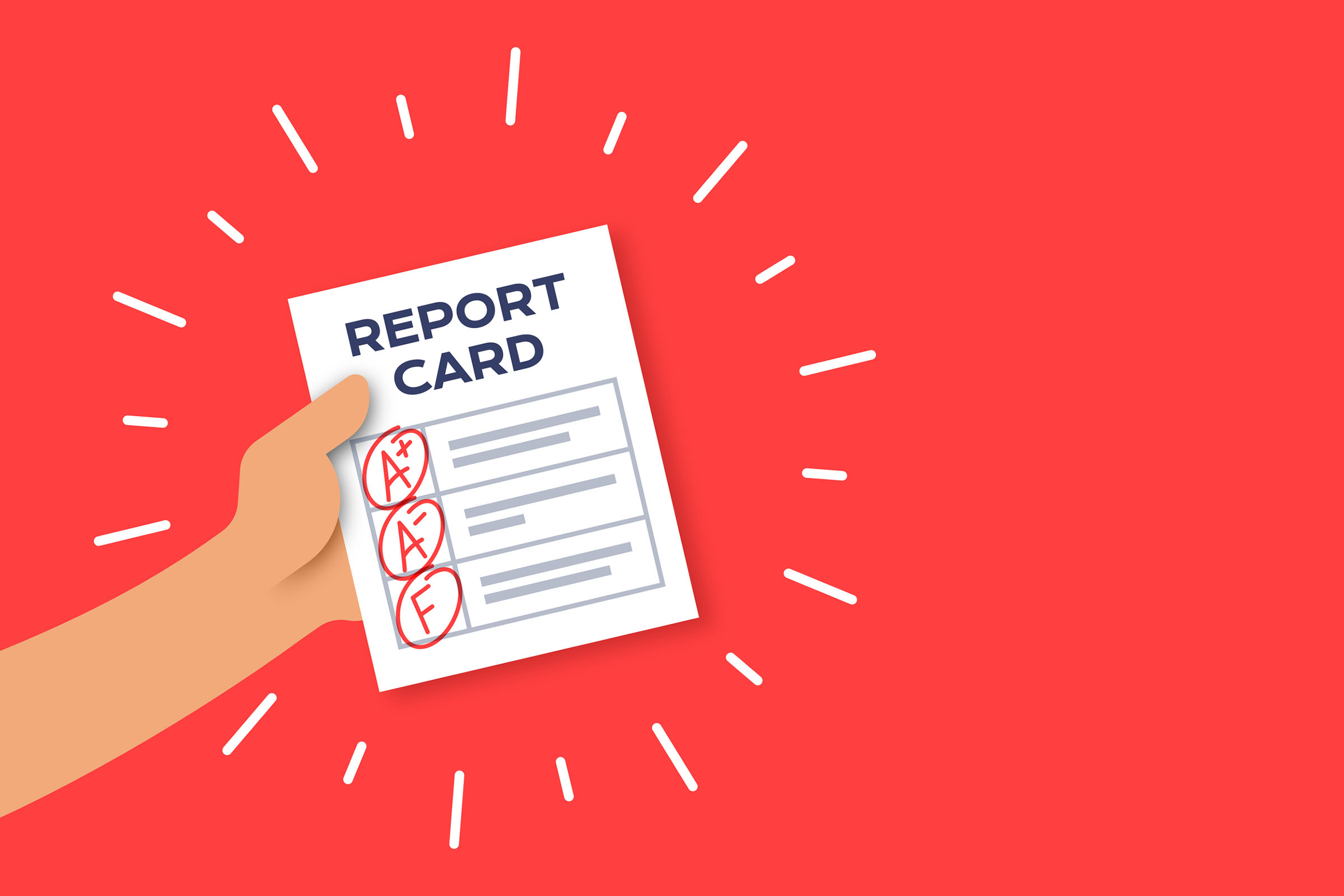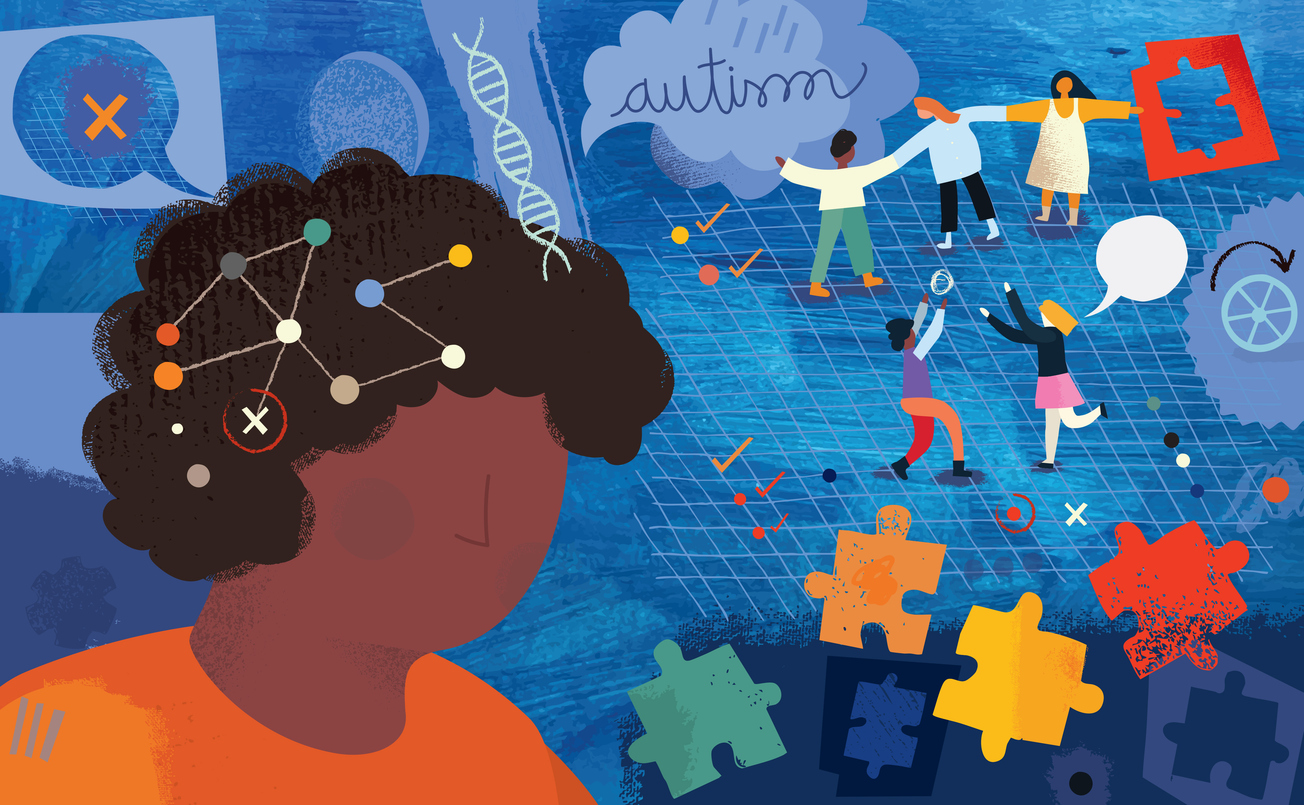For many, this is a week off from the usual bustle of work (or work-from-home, or overseeing our children’s Zoom classrooms, or…), and a moment to finally take a breather after the stress of the holidays. I hope you’re able to take advantage of that down time to delve into the health news and views you may have missed during this year that seemed to have new (and often conflicting) headlines popping up every hour.
Last week, I began my review of the Top Ten episodes of my Intelligent Medicine podcast for the year 2020. (If you missed it, catch up here.) As promised, this week I’m continuing with the final five of that list!
Without further ado:
6) The Impact of Natural Interventions for COVID-19: Dr. Lise Alschuler, a faculty member of the Andrew Weil Center for Integrative Medicine at the University of Arizona, is lead author of a new paper exploring the impact of natural interventions for COVID-19. She explains why it’s not sufficient merely to borrow from our knowledge of what works for ordinary colds and flus—the Coronavirus has distinct characteristics. Do healthy lifestyle practices—diet, exercise, sleep, stress mitigation—confer some degree of protection from the worst outcomes? When it comes to supplements, do we need to know “when to hold and when to fold” with regard to immune boosters? What about the alleged potential of some of these—like elderberry—to generate “cytokine storm”? Dr. Alschuler provides a detailed rundown on plausible vitamins, minerals and nutraceuticals for COVID-19 support.
7) The Relevance of Diet to the COVID-19 Pandemic Nina Teicholz, author of The Big Fat Surprise (Why Butter, Meat and Cheese Belong in a Healthy Diet), is a tireless advocate for reform of the U.S. Dietary Guidelines for Americans (DGA). Nina argues for the relevance of diet to the current COVID-19 pandemic: Patients with diet-related degenerative diseases are more susceptible to adverse outcomes when infected with the Coronavirus. By some estimates, a mere 12% of adult Americans are “metabolically fit”—free, not just of overt diabetes, hypertension, fatty liver and heart disease, but also without vestiges of insulin resistance, often manifesting as overweight, inflammation and suboptimal cardiopulmonary efficiency. Hence, it behooves us more than ever to get national dietary recommendations right. But the current process is fraught with bias, conflict of interest, and shoddy science. Nina shares her initiative to bring scientific rigor to the DGA via www.nutritioncoalition.us. More on her and her book can be found at www.NinaTeicholz.com.
8) COVID-19 Urgent Call to Action: Early in the pandemic, Dr. Leo Galland issued an urgent call-to-action to not underestimate its destructive potential. Dr. Galland is a pioneer of integrative medicine and author of several books including Superimmunity for Kids: What to Feed Your Children to Keep Them Healthy Now, and Prevent Disease in Their Future and The Allergy Solution: Unlock the Surprising, Hidden Truth about Why You Are Sick and How to Get Well
. He brings his extensive experience and knowledge of complementary modalities to bear on the Coronavirus crisis. He presciently warned that the virus had the potential to affect millions of Americans by mid-year. He explains that it’s not enough to assume that most of the immune-supportive supplements that have helped us weather ordinary colds and flus will be applicable to the Coronavirus; his careful study of its characteristics suggests a tailored approach. What about vitamin D, zinc and selenium? Why probiotics might confer protection; oregano, quercetin, resveratrol, elderberry, NAC, ginseng, Andrographis, mushroom extracts, and traditional Chinese herbs? High-dose IV vitamin C? Can too much immune stimulation result in dread “cytokine storm”? What about the melatonin connection? Are certain antihypertensive drugs beneficial—or harmful? Is it true you should avoid ibuprofen? Will the combo of hydroxychloroquine plus azithromycin yield the breakthrough we’ve been looking for?
9) Integrative Eye Health: Integrative Eye Health with Rudrani Banik, MD. A practicing physician, Dr. Banik is dually trained in ophthalmology and neuro-ophthalmology; she also received specialized training in Functional Medicine. What does “root cause analysis” mean when it comes to eye conditions? What’s the evidence that nutrition is applicable to eye problems? Dr. Banik explains how modern lifestyles contribute to “computer vision syndrome”, nearsightedness, headaches and migraines. What’s the significance of blue light? Are there natural cures for myopia? For cataracts? Dr. Banik shares her pioneering research using an ancient botanical for NAION, a common cause of irreversible vision loss. What’s new in nutritional support for macular degeneration? Glaucoma?
10) The Role of the Digestive Tract in Determining Overall Health: Liz Lipski, Ph.D., CNS joins us to discuss the latest edition of her authoritative book, Digestive Wellness: Strengthen the Immune System and Prevent Disease Through Healthy Digestion, Fifth Edition. I first interviewed her after the book’s initial release in 1995; she’s recently updated it (5th edition!) in light of all the new developments in GI science. She discusses the pervasive role of the digestive tract in determining overall health; there are ramifications for the heart, the brain, and even bones and skin. Dr. Lipski weighs in on leaky gut syndrome, small intestine bacterial overgrowth (SIBO), fecal transfer, probiotics, gluten intolerance, food allergy, the role of stress, and the low-FODMAP diet. She discusses protocols for GERD, IBS, and colitis as well as key supplements to support GI health. There’s no one-size-fits-all diet for GI problems; protocols need to be individualized to suit patients’ unique characteristics and may require detective work. Empowering breakthroughs can be achieved through proper natural interventions.
We look forward to bringing you more high-quality, timely Intelligent Medicine content in the upcoming year, and thank you for your continuing listenership. 2020 has certainly been a “call-to-action” for many us to fortify our health and resilience! Here’s hoping for a brighter, safer, more prosperous New Year for you and your families!








